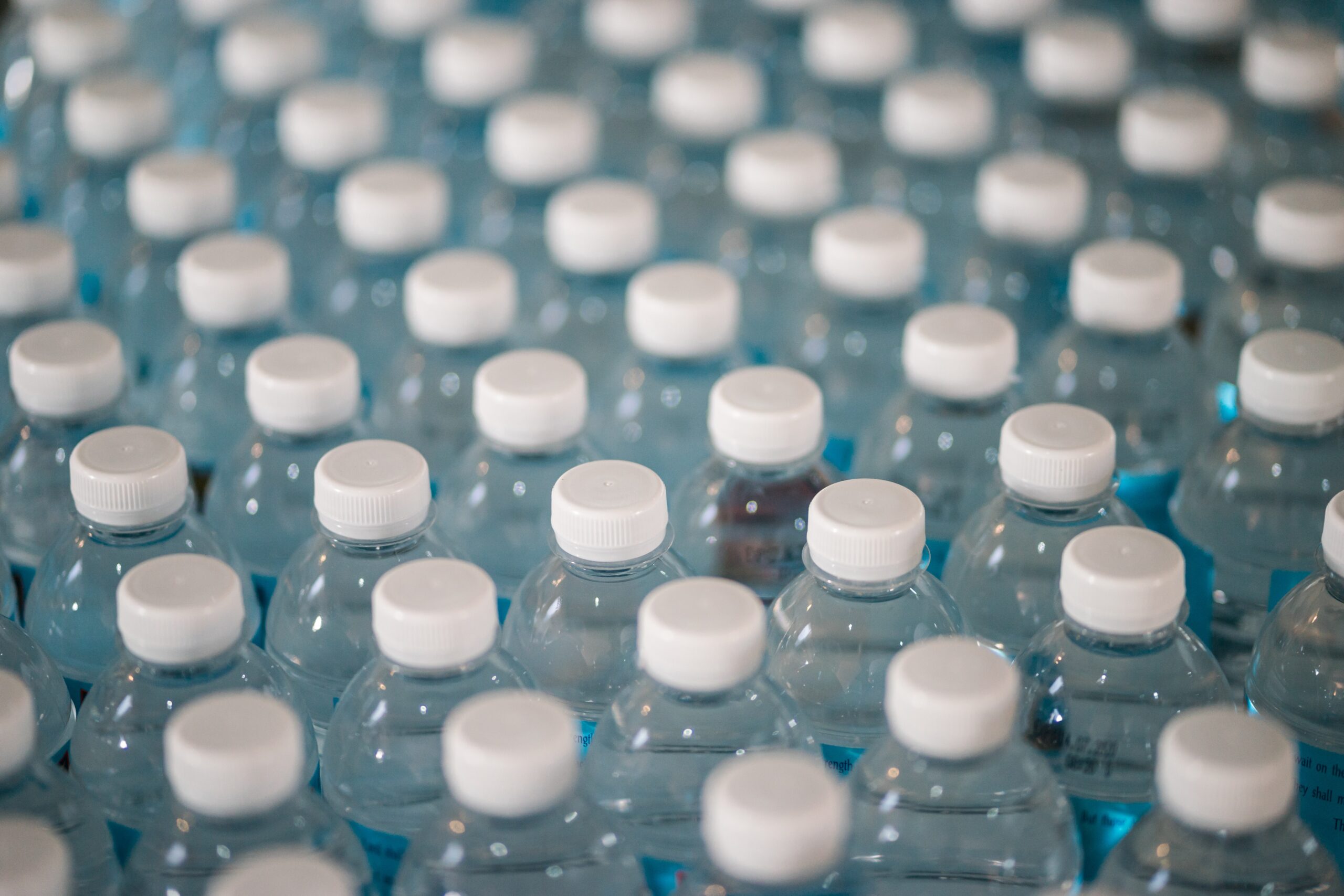
Fact Sheet
Bottle Bills
Overview
In the past few years, recycling system conditions in the U.S. have eroded significantly. Contributing factors include falling oil prices, the near total stoppage ban of plastic exports through China’s National Sword policy and industry fluctuations related to the COVID-19 pandemic. According to the EPA, only 8.7% of plastics are recycled in the United States. The remaining plastic is incinerated, landfilled, or could be used to supply plastic-to-fuel or chemical recycling, all of which are harmful to our health and environment. Deposit return systems (DRSs) or bottle bills decrease litter to help bring healthier, cleaner communities. DRS is a producer-financed system that places a refundable deposit on beverage containers made from common materials like plastic, glass, and metal. Designed as an economic incentive, customers pay a small fee on the purchase of certain beverage containers, which they get back in full when they return the empty container to a convenient and easily accessible collection point.
Key Points
Key Point 1
States that have DRS and attach a monetary value to beverage containers, have substantially less litter than that of non-DRS states. (Keep America Beautiful)
Key Point 2
Modernized DRSs regularly exceed 80% redemption rates. (Eunomia)
Key Point 3
A recent study found that 8 of the top 10 U.S. states for recycling have a DRS. (Eunomia)
Key Point 4
Bottle bills not only reduce litter and emissions, but also stimulate local economies through job creation. (Circular Charlotte)
Legislation
- California A.B. 2779 (2022): This bill expands the California Beverage Container Recycling and Litter Reduction Act toinclude wine and distilled spirits.
- Vermont H.175 (2022): This bill aims to increase the scope of the state’s deposit program that would cover almost all beverages, including bottled water and wine.
- Connecticut S.B.1037 (2021): This bill is designed to update Connecticut’s first container deposit law that was enacted in 1978. By 2023 the state will accept more types of containers and
increase bottle deposit values from 5 cents to 10 cents by 2024.

Empower State Environmental Champions
Your donation funds the fight for equitable actions that protect the environment and our health.
Donate